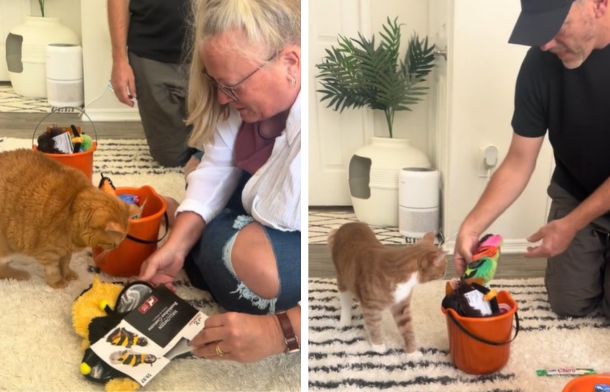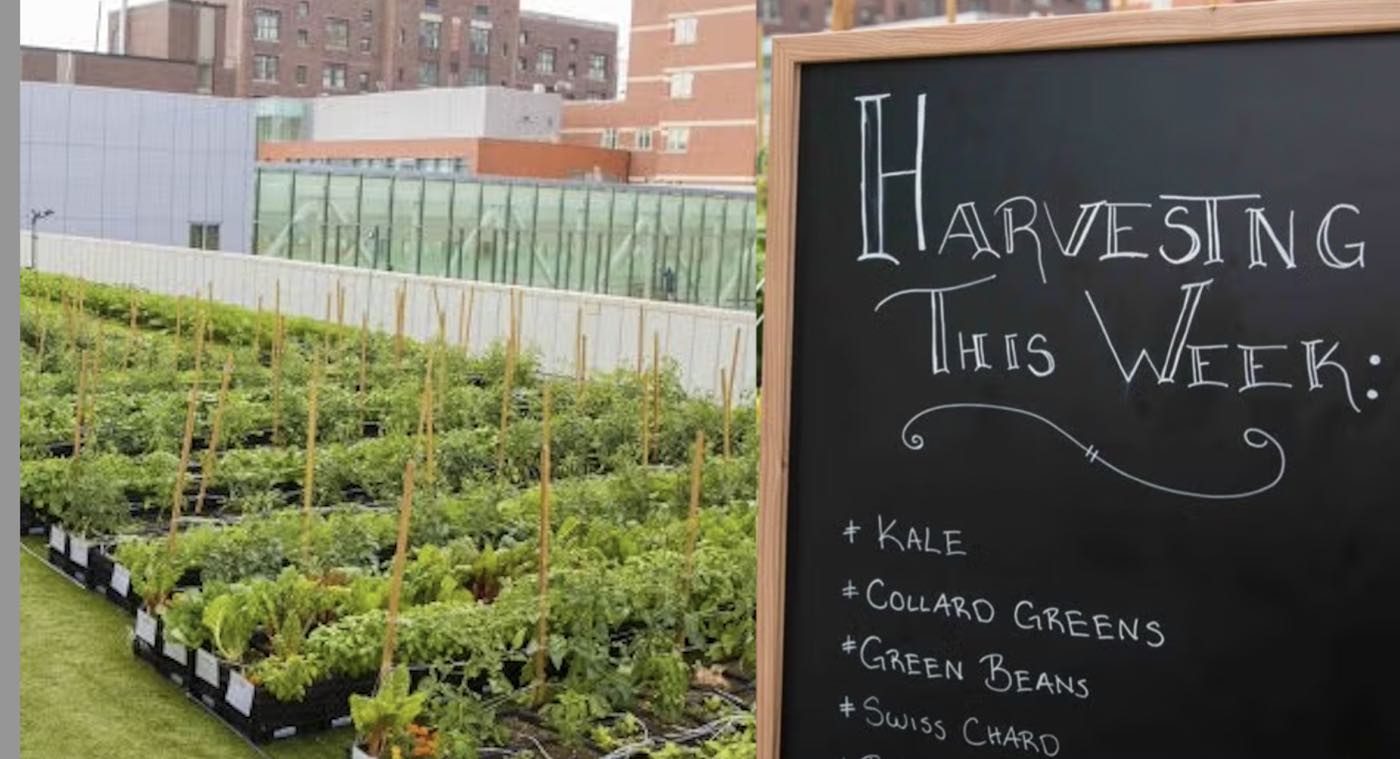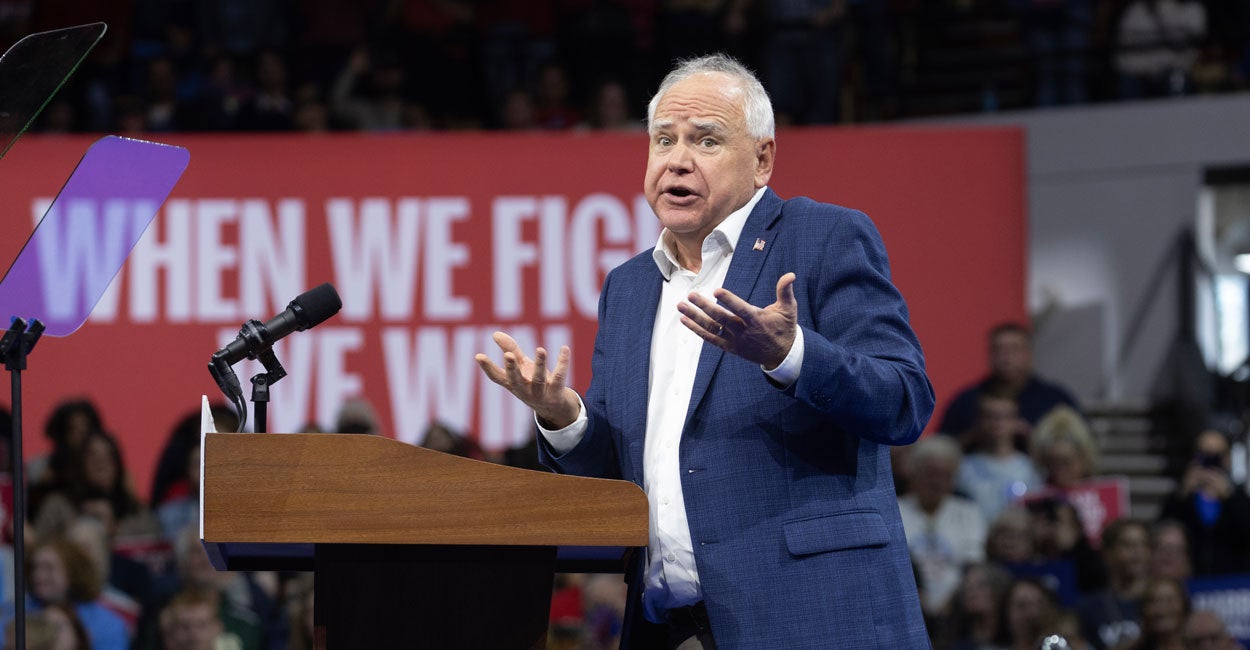
www.dailysignal.com
Could Tim Walz’s Progressive Education Policies Doom Harris?
Donald Trump currently holds a razor-thin 0.6% lead over Kamala Harris in the RealClearPolitics polling average for Pennsylvania. With this key swing state potentially deciding the outcome of the Electoral College, Democrats can only wonder how different the polls might look if Pennsylvania’s popular governor, Josh Shapiro—once considered a front-runner for Harris’ VP pick—were on the ticket instead of Tim Walz.
One factor that pushed Walz to the top of Harris’ list, despite the strategic advantages of choosing a swing-state governor like Shapiro, stands out: Across the board, Walz has been more progressive on education issues.
Last year, Shapiro angered fellow Democrats and teachers unions by working with state Republicans on a plan to enact a private school voucher system. Later, facing pressure from his own party, Shapiro reversed course and vetoed the proposal, leaving Republicans and school-choice advocates feeling betrayed.
His reversal mollified some within his party, and dozens of unions publicly released statements of support—but others on the Left never quite forgave him. When Shapiro’s name was floated as a likely VP candidate, a coalition of progressive groups published an open letter to Harris. The letter attempted to link Shapiro’s voucher-friendly stance to The Heritage Foundation’s controversial Project 2025 and “respectfully” urged Harris not to choose him.
Accordingly, some Democratic leaders worried that Shapiro’s past support for vouchers might erode support among a critical part of their base. Nikhil Goyal, a Democratic National Committee delegate from Vermont, said he would have “grave concerns” about Shapiro “when we have a great desire to win over educators and school staff and Americans who support public education.”
In contrast, Walz boasts sterling credentials from the standpoint of anyone opposing school vouchers. Walz is the first former schoolteacher to appear on a major-party ticket in half a century. As governor of Minnesota, he strongly opposed school-choice initiatives like the one Shapiro had backed. When the state’s Democratic House speaker suggested a minor compromise with Republicans on vouchers, Walz’s response was unequivocal. “It was kind of ‘over my dead body,’” she recounted.
Trump has vowed to enact “universal school choice” if given a second term, and he appointed outspoken voucher advocate Betsy DeVos as his education secretary during his first term.
On the other hand, the Democratic Party platform released this summer included a strong statement against private school vouchers. Support for publicly funded school vouchers has become a third rail in Democratic politics. And Shapiro’s past flirtation with vouchers may well have cost him the VP slot.
What’s more, in a year when college campuses erupted in pro-Palestinian protests over the Biden administration’s support for Israel in the Gaza war, Shapiro’s Jewish heritage and public efforts to hold university leaders accountable for antisemitic incidents on Pennsylvania campuses may have been seen as an additional electoral liability among young progressives who view Israel as an oppressor and the chief evildoer in the war in Gaza.
Walz, by contrast, has been more outspoken in his support for pro-Palestinian protesters. While he condemned Hamas, he said he believes students are protesting on behalf of Palestinians “for all the right reasons.”
As a former teacher, Walz would be poised to play a leading role in education policy if he and Harris win on Election Day. Republicans, accordingly, have drawn attention to Walz’s education record as governor, betting that the progressive policies that helped him win the VP race may not endear him to swing voters. Walz, for instance, signed a law preventing libraries from removing sexually explicit books from children’s shelves and mandated that public schools stock tampons in boys’ bathrooms—a policy that Sen. JD Vance has criticized on the campaign trail.
Team Trump has also highlighted Walz’s support for critical race theory and his overhaul of the state’s social studies curriculum. In September, Donald Trump Jr. and other campaign supporters began posting a video on X featuring Brian Lozenski, a professor of multicultural education at Macalester College, whom Walz tapped to help write the state’s ethnic studies standards.
In the video, Lozenski describes himself as a critical race theorist and explains his views:
The first tenet of critical race theory is that the United States as constructed is irreversibly racist. So if the nation-state as constructed is irreversibly racist, then it must be done with, it must be overthrown … You can’t be a critical race theorist and be pro-U.S. OK, it is an anti-state theory that says, ‘The United States needs to be deconstructed, period.’ Right. Like that’s, you know, and so I think, I think it’s an interesting argument there. And that’s why I’m a critical race theorist.
Katherine Kersten dug deeper into the curriculum standards Lozenski helped craft in her piece for The Wall Street Journal: “High school students are told to ‘develop an analysis of racial capitalism’ and ‘anti-Blackness,’” she wrote, “and are taught to see themselves as members of ‘racialized hierarchies’ based on ‘dominant European beauty standards.’”
Lozenski is a founding organizer of Education for Liberation Minnesota, a group that Kersten notes has advocated for “defunding the police” and “abolishing the social order and building a new society.”
If Walz is poised to take a leading role in education policy in a potential Harris administration, his record offers much for progressives to celebrate. Whether more moderate swing voters—those Harris and Walz need to win over in Pennsylvania—will be impressed by the kinds of ideas promoted by Walz’s appointee Lozenski is another matter.
If Pennsylvania goes red on Nov. 5, Democrats will be left with many questions. Here’s one: What if the uncompromising brand of progressivism that helped Walz secure the VP nod over Shapiro is the very thing that gives Trump a second term?
This article was originally published by RealClearPolitics and made available via RealClearWire.
We publish a variety of perspectives. Nothing written here is to be construed as representing the views of The Daily Signal.
The post Could Tim Walz’s Progressive Education Policies Doom Harris? appeared first on The Daily Signal.















